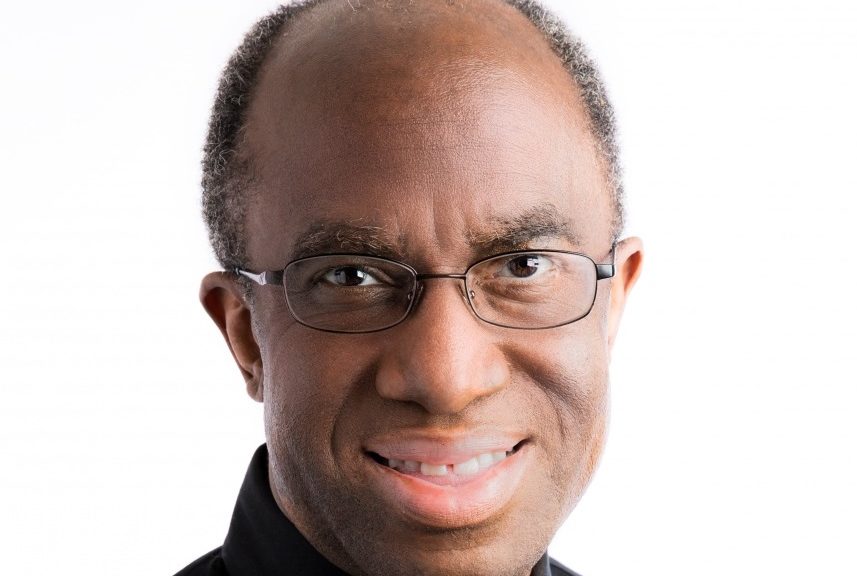
NEGLECTED JEWEL AT THE OAKLAND SYMPHONY
Cherubini Requiem, Alongside New Piccolo Concerto
OAKLAND—In symphony concerts, give me the thrill of discovery every time.
The Oakland Symphony offered not one but two revelations in a single concert, one very old, the other very new. When, if ever, have you heard a piccolo concerto? Or Cherubini’s Requiem of 1816? Never? Me neither. But then, I’ve only reviewed some 6,500 concerts lifetime.
The Italian-French composer Luigi Cherubini (1760-1842) was a stodgy symphonist of the early romantic era. In his C Minor Requiem he produced a soulful serene message of consolation for chorus and orchestra, devoid of vocal soloists. It’s as if the 100 singers on stage are The Citizenry, or maybe Cherubini’s cherubim, with a massive note of reflection and solace for the mourners listening, using the traditional Latin-mass texts—texts which contain a lot more consonants than I could hear from the Oakland Symphony Chorus March 18. The effect is all-embracing, as if the chorus is drawing the mourners into the singers’ diverse circle. This work earned the praise of Beethoven, Brahms and Schumann.
Cherubini also is soft-key in approach, leading off with pianissimo singing, and an orchestra confined to the lower (bass) register, as if awed by some hushed cathedral.
The opus opens up with dramatic touches heard later in the music of his student Berlioz, with crescendos, brass, and clashes on tamtam. I liked the dancing contrapuntal filigree in the violin section here, and the beautifully interwoven vocal lines when the orchestra recedes into the background.
The high point is at the center-point (Offertorium), the fourth of seven sections. Here the mood is celestial, spacious, melodious, even ear-caressing, in total sympathy of the aggrieved. The composer moves to an animated contrasting segment and an elaborate fugato, with tempo changes. Finer Cherubini you will not encounter.
There is an evocative Pie Jesu section with a woodwind interlude to die for. And finally a Agnus Dei with deep breaths, and some sighs, as the 42-minute work fades away, leaving only lingering resonances behind.
What did Cherubini earn for his moving opus after the premiere? Merely a stinging reprimand from the archbishop for using women’s voices in church.
Yet more novel was the world premiere of a Piccolo Concerto by Martin Rokeach, 62, of the St. Mary’s College faculty. Instead of attention-getting high tootling at the roof of the world, his piccolo is expressive, often playing in the lowest register of the two-octave compass. Rokeach’s unusual approach contrasted the small wind with brief outbursts on mighty brass, bass drum and assorted percussion, as if the soloist were entrusted with “soothing the savage beast.”
Some of this uses a repeated stop-go sequence familiar to fans of Chinese opera. Along the way there are flights of fancy for woodwinds drawn to the piccolo’s leadership, and a nice part for the Symphony’s three bass players, who rank among Oakland best. A harp-piccolo duo was yet another highlight. All in all, Rokeach created a highly appealing, imaginative work that other orchestras should assay.
The orchestra’s own Amy Likar performed the solo line, which she worked out in conjunction with the composer. She executed some fetching rapid runs flawlessly, sometimes edging to sharpness in order to avoid sagging notes. I liked her spirited solo work as much as her fetching legatos.
OS Music Director Michael Morgan led smartly in both works, bringing abundant sensitivity and warmth to the requiem.
MUSIC NOTES—Because of the immense Paramount interior, the orchestra uses an electronic sonic enhancement which needs further tweaking; on this night, the sounds were largely lost in the void….In the spirit of election year, the patrons were invited to submit in writing a favorite music choice for future seasons, an option that very few orchestras offer their ticket-buyers. Think the Beethoven’s Ninth is predictable?
Oakland Symphony and Chorus. Music of Cherubini and Rokeach, Paramount Theatre, Oakland, March 18. For info: (510) 444-0802, or go online.
©Paul Hertelendy 2016
#
Paul Hertelendy has been covering the dance and modern-music scene in the San Francisco Bay Area with relish — and a certain amount of salsa — for years.
These critiques appearing weekly (or sometimes semi-weekly, but never weakly) will focus on dance and new musical creativity in performance, with forays into books (by authors of the region), theater and recordings by local artists as well.
#